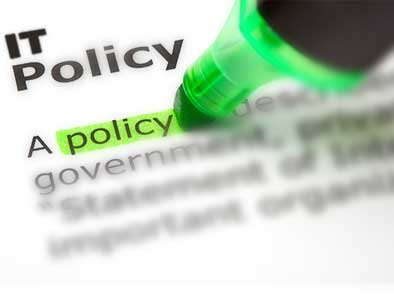What are the changes?
With the help of the Indian Claims Officer, the IT Regulation 2021 wants to create a reimbursement system for ordinary users of social media platforms and OTT platforms, as well as to resolve their claims in a timely manner. On protecting women and children on social media from sex crimes, fake news, and other forms of abuse. If crimes against India’s sovereignty and integrity are committed, the “primary author of the information” must be identified. To ensure compliance with rules and regulations, an Indian compliance officer should be recruited. A monthly compliance report documenting the complaints received and measures taken in response to the complaints must be submitted.
OTT platforms, online news organizations, and digital media, on the other hand, must adhere to ethical guidelines. OTT platforms are now referred to as “selected online content providers” under the new criteria. You must categorise the information on your own. For youngsters aged 13 and up, there are five age groups and parental controls. For adult content, they should also incorporate age verification tools.
To ensure compliance with the code of ethics and self-regulatory bodies, a three-stage reorganization system has been devised, which includes the appointment of RGOs, and self-regulatory institutions registered with the Ministry of Information and Broadcasting (MIB).[1]
Purpose of the new policies.
“These guidelines are designed to empower average social media users,” it said. Victims of social media harassment now have a place to vent their frustrations. After extensive conversations with all parties, IT rules are eventually reached. Because of this, he stated. The surge in misuse on social media and digital platforms, such as promoting terrorist recruiting, broadcasting obscene information, spreading division, financial fraud, inciting violence and disrupting public order, is causing widespread alarm. As a result, new rules must be enacted.
Where do social media platform stands in this?
Facebook stated that it is “committed” to following the IT guidelines and that it is continuing to discuss some concerns with the government. Telegram stated that it complies with “almost all new IT rules,” whereas Koo, an Indian Weibo platform, stated that it complies with all criteria. Twitter and WhatsApp did not respond to a request for comment on whether they are in compliance with the new rule. Google likewise declined to comment on whether it complies properly with the new rules. Tuesday: “We respect India’s legislative procedures and have long complied with the government’s request to remove information that is in violation of local laws or our product guidelines.”
WhatsApp’s stand
WhatsApp, which is in the process of filing a case against the Indian government over its privacy policy, has filed a lawsuit against the government in 2021, alleging that the new IT standards violate the Indian Constitution’s private rights. The government wants specific information on the message’s original originator, as well as a change to WhatsApp’s end-to-end encryption, which will protect and encrypt the message as well as the sender’s and receiver’s data. This should be disabled, according to the message. Or at the least, drastically alter. WhatsApp has over 390 million users in India as of March this year. The encryption standard is universal, and it protects all messages transmitted and received on the platform for all users. It’s unclear when this will go into effect. In India, there is a law that protects personal data.[2]
Conclusion
The IT rules of 2021 have the potential to dramatically transform how millions of Indians access and utilise the Internet. Many of the suggested reforms are still complicated, and in early 2018, they were dubbed China’s internet surveillance and review model. Some are afraid that, despite large amendments to the law and significant improvements in accuracy, these concerns will persist, and that new regulatory areas will be added without public comment. in certain ways, this problem has been aggravated by an illegal and unconstitutional proposal to enhance administrative authorities to govern online media and video sharing services, which necessitates additional consultations beginning with the white paper.
Authored by Agrim Gangwar
Student, NMIMS Bangalore


